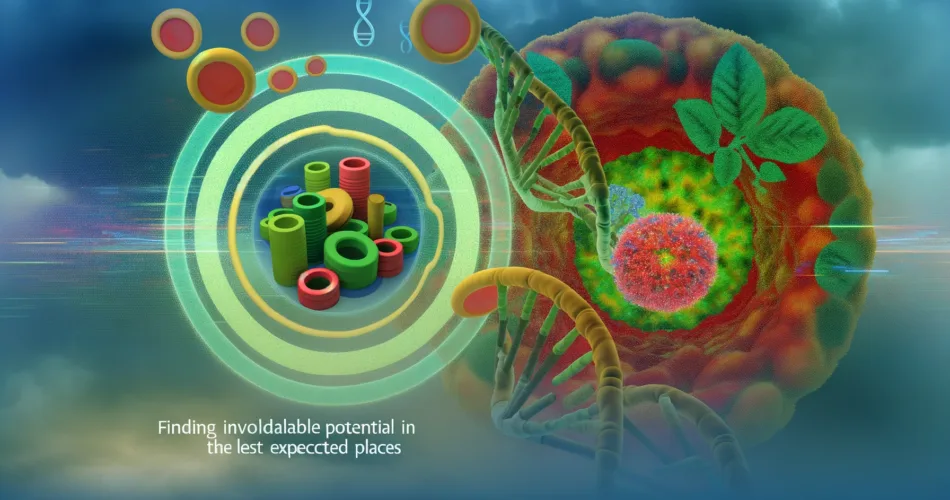In our quest for the shiny and shimmerable, we often overlook the treasures that don’t glisten on the surface but hold invaluable potential for our future. This article embarks on an exploratory journey into the realms we least expect to find value: our biological systems, particularly those processes and materials we habitually disregard or consider waste.
The Unseen Wealth of Biological Systems
Biological systems are akin to uncharted territories filled with untapped resources. Every unknown biological mechanism presents a treasure trove of possibilities, waiting to be discovered and utilized for the betterment of humanity. The analogy of treasure hunters aptly describes scientists and researchers who delve into these systems, seeking to unearth substances and mechanisms that could revolutionize our approach to energy, medicine, and sustainability.
The Quest for Sustainable Energy: Learning from Nature
The pursuit of sustainable energy sources has led us to harness the power of the sun and wind, yet we continue to overlook the vast amounts of biological material we discard daily. The question arises: could these materials be the next frontier in our treasure hunt for sustainable resources? The transformation of what we consider waste into valuable resources is not just a possibility but a necessity, as illustrated by the innovative approach of turning fecal matter into gold, metaphorically speaking.
The Stigma Surrounding Waste: A Barrier to Innovation
Our societal disdain for waste, especially human fecal matter, is a significant obstacle to recognizing its potential value. This aversion, deeply rooted in concerns for hygiene and health, overlooks the cyclical nature of ecosystems where nothing goes to waste. The exploration of feces, much like the taboo-breaking examination in the film “Trainspotting,” reveals a wealth of information and resources that, if harnessed correctly, could contribute significantly to health, agriculture, and environmental sustainability.
The Riches of the Human Gut: The Microbiome
The human gut microbiome is a universe within us, teeming with bacteria, fungi, and microorganisms essential for our health. The diversity of the gut microbiome is a testament to the complex interplay between our bodies and the microscopic world, offering insights into digestion, immunity, and even potential treatments for diseases. The microbiome represents a frontier of medical research, with the potential to unlock new therapies and understandings of human health.
Wastewater: A Mirror of Society
Wastewater analysis offers a unique lens through which to view the health, habits, and hazards of societies. From monitoring drug consumption to tracking diseases like COVID-19, wastewater provides a comprehensive snapshot of public health and behavior. This analysis not only aids in managing public health crises but also in understanding the environmental impact of our lifestyles.
The Circular Economy of Waste
The concept of a circular economy, where nothing is wasted and everything is reused, is exemplified by the innovative use of sewage sludge. Rich in phosphorus and other valuable materials, sewage sludge can be transformed into resources for agriculture and industry, reducing our reliance on finite resources and mitigating environmental damage.
The Future of Fecal Matter: Beyond Disgust
As we shed our inhibitions and preconceptions about waste, we open the door to a world of possibilities where fecal matter is not merely something to be disposed of but a resource to be valued. From improving our understanding of human health to contributing to a sustainable environment, the treasures hidden in our biological systems are waiting to be discovered and appreciated.
Conclusion: Embracing the Unseen Treasures
Our journey through the hidden treasures within biological systems challenges us to rethink our perceptions of value and waste. By embracing the potential of these overlooked resources, we can unlock a future where sustainability, health, and innovation are interlinked, proving that true treasures don’t always sparkle at first glance but reveal their worth through exploration and understanding.

